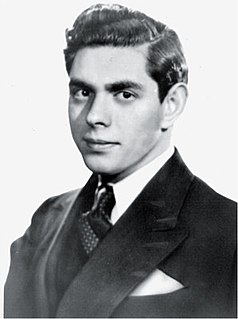A Quote by Ethan Canin
A novel, at least for me, cannot be visualized at one time.
Related Quotes
If you cannot be merciful, at least speak as though you are a sinner. If you are not a peacemaker, at least do not be a troublemaker. If you cannot be assiduous, at least in your thought be like a sluggard. If you are not victorious, do not exalt yourself over the vanquished. If you cannot close the mouth of a man who disparages his companion, at least refrain from joining him in this.- St. Isaac the Syrian
I've always believed that poetry must speak of realities as least as complicated as those spoken of in prose. I've read books of poems, even single poems, which are, for me, at least the equivalent of a short story or a novel. Martin Amis, in an interview with Saul Bellow in the early eighties, quotes Bellow asking, "Why not address 'the mysterious circumstance of being', say what it's like to be alive at this time, on this planet?" This has been and still is my ambition.
Fiction -- at least for me -- requires long, relatively uninterrupted time stretches in which to bring it to fruition. I've never been a two-hour-in-the-morning writer, who could put in another six hours on Sunday afternoon. For me, a novel requires weeks of living in a largely mental and wholly internal landscape. Everything else has to be relegated to the odd hour here, the bit of time there. Sadly, however, uninterrupted time blocks are not what life doles out today to any of us with regularity.
My pictures are never pre-visualized or planned. I feel strongly that pictures must come from contact with things at the time and place of taking. At such times, I rely on intuitive, perceptual responses to guide me, using reason only after the final print is made to accept or reject the results of my work.


































